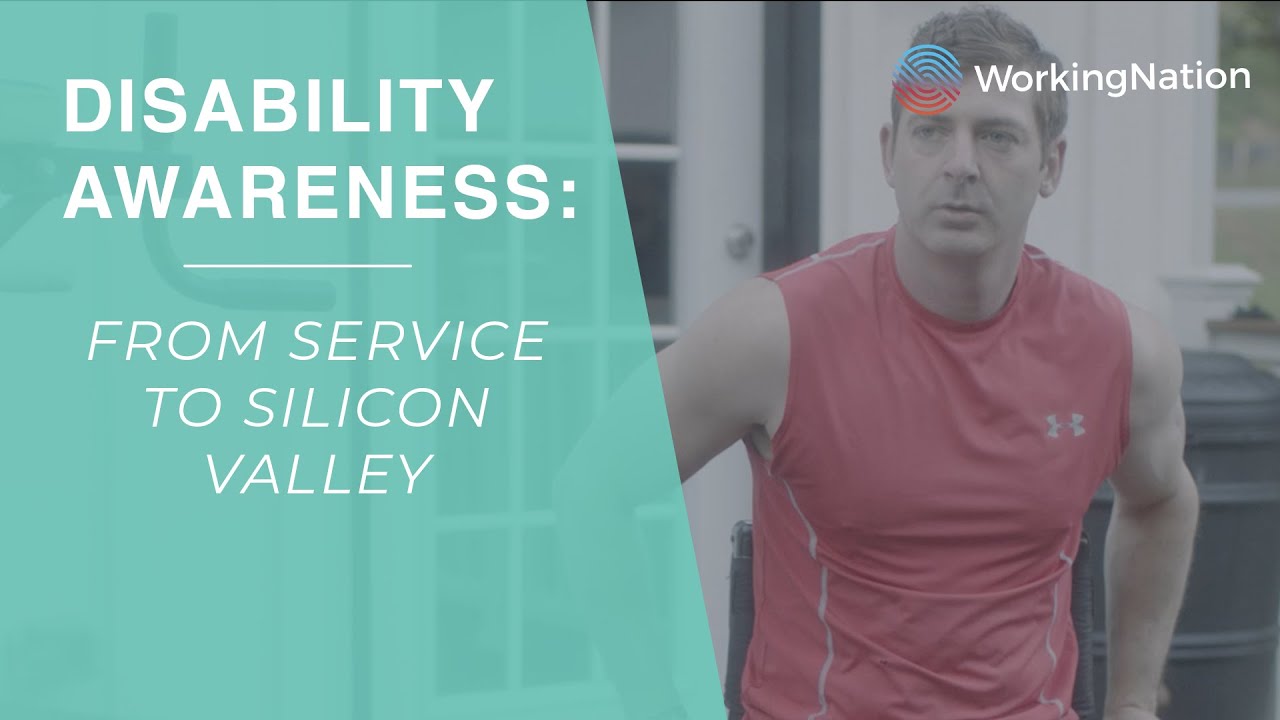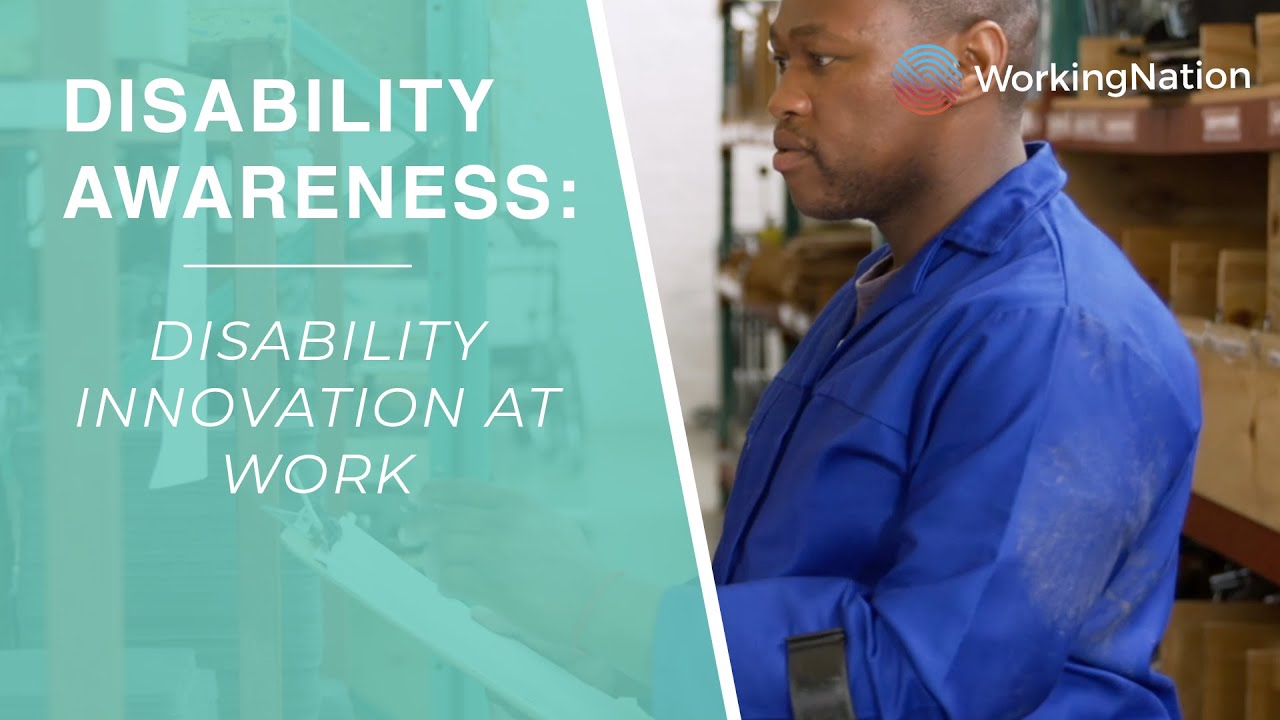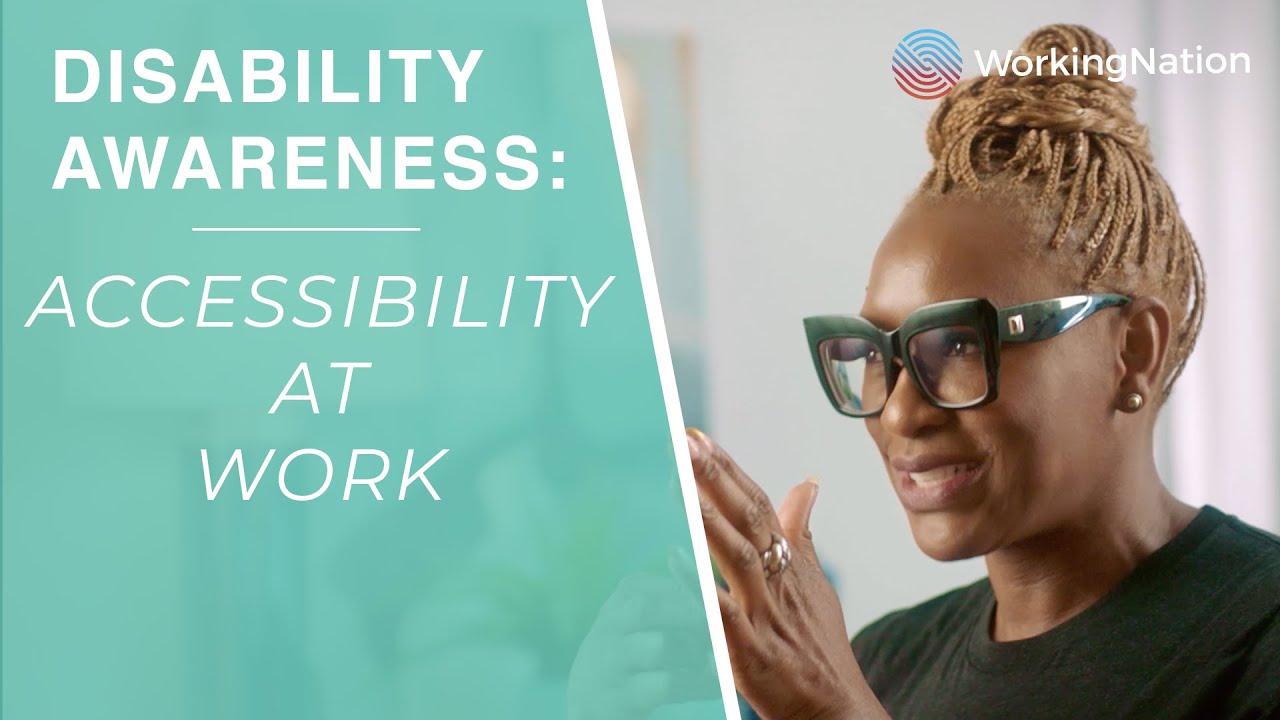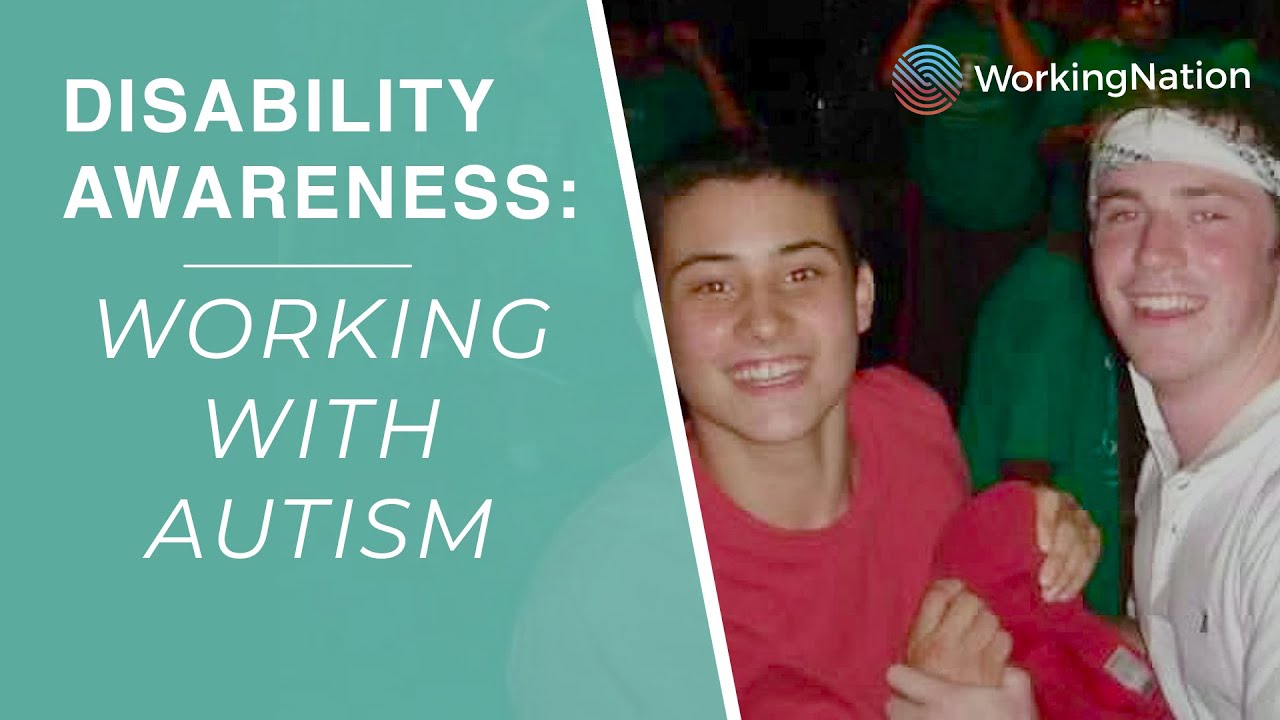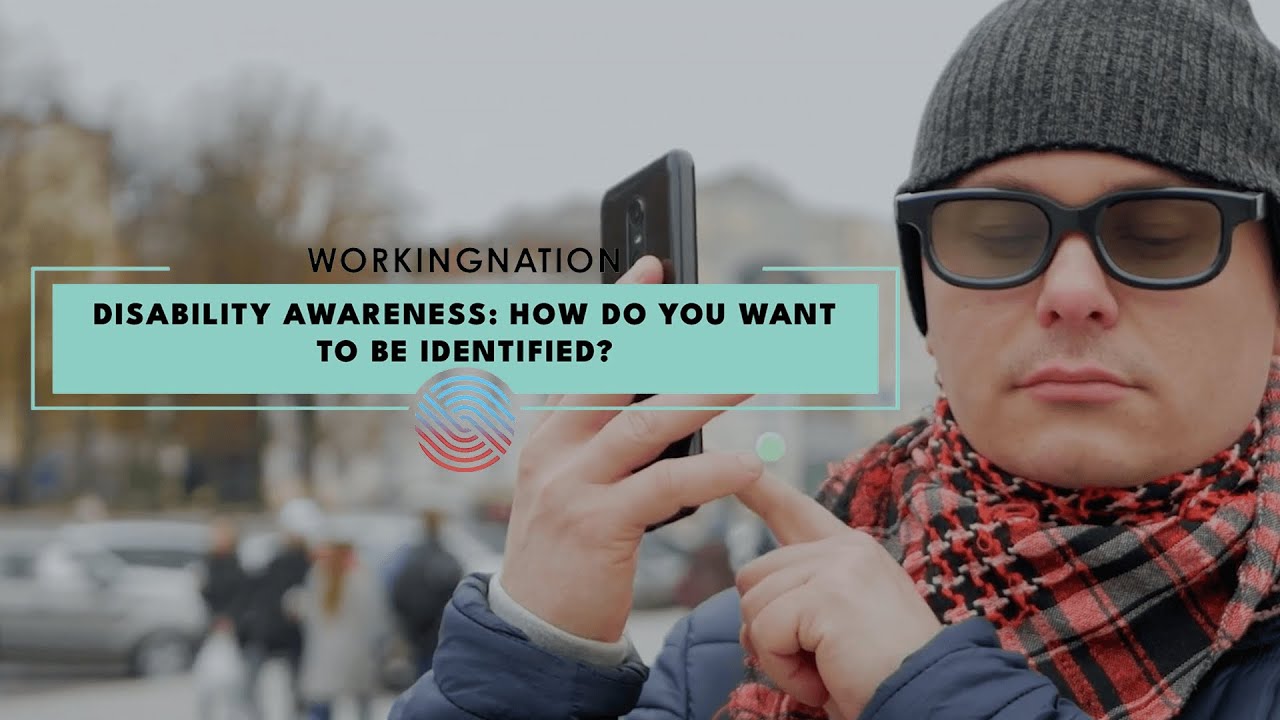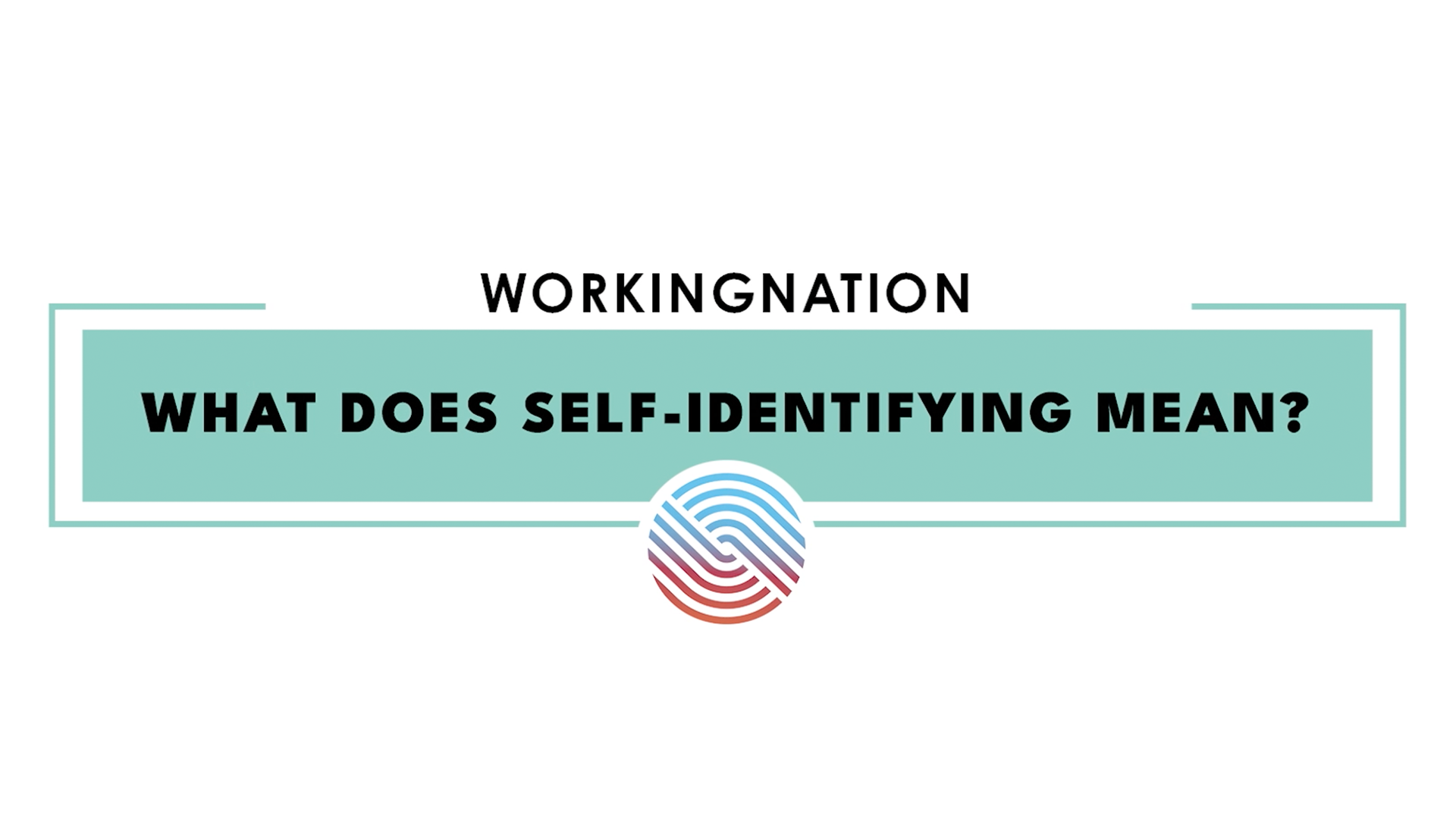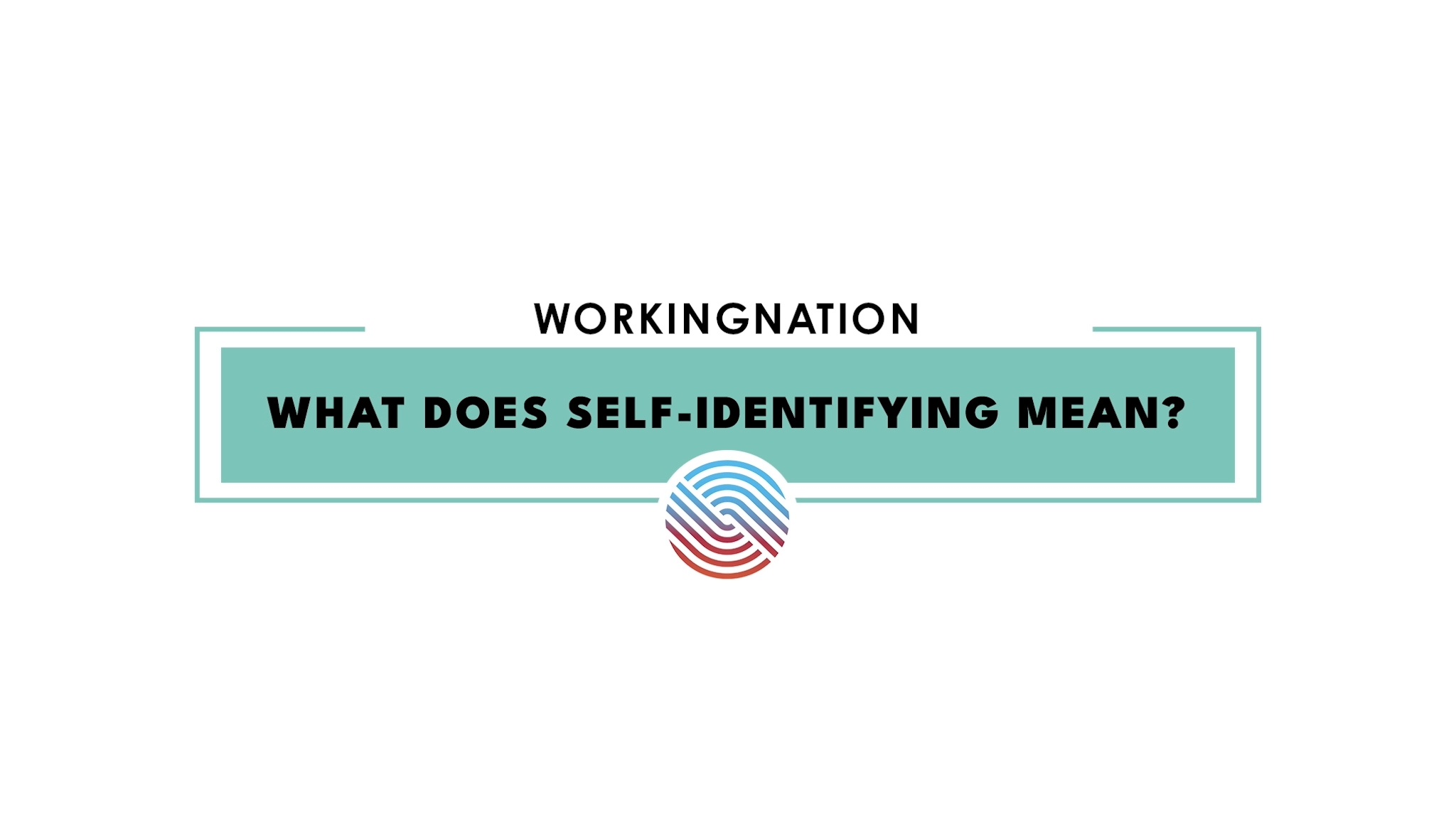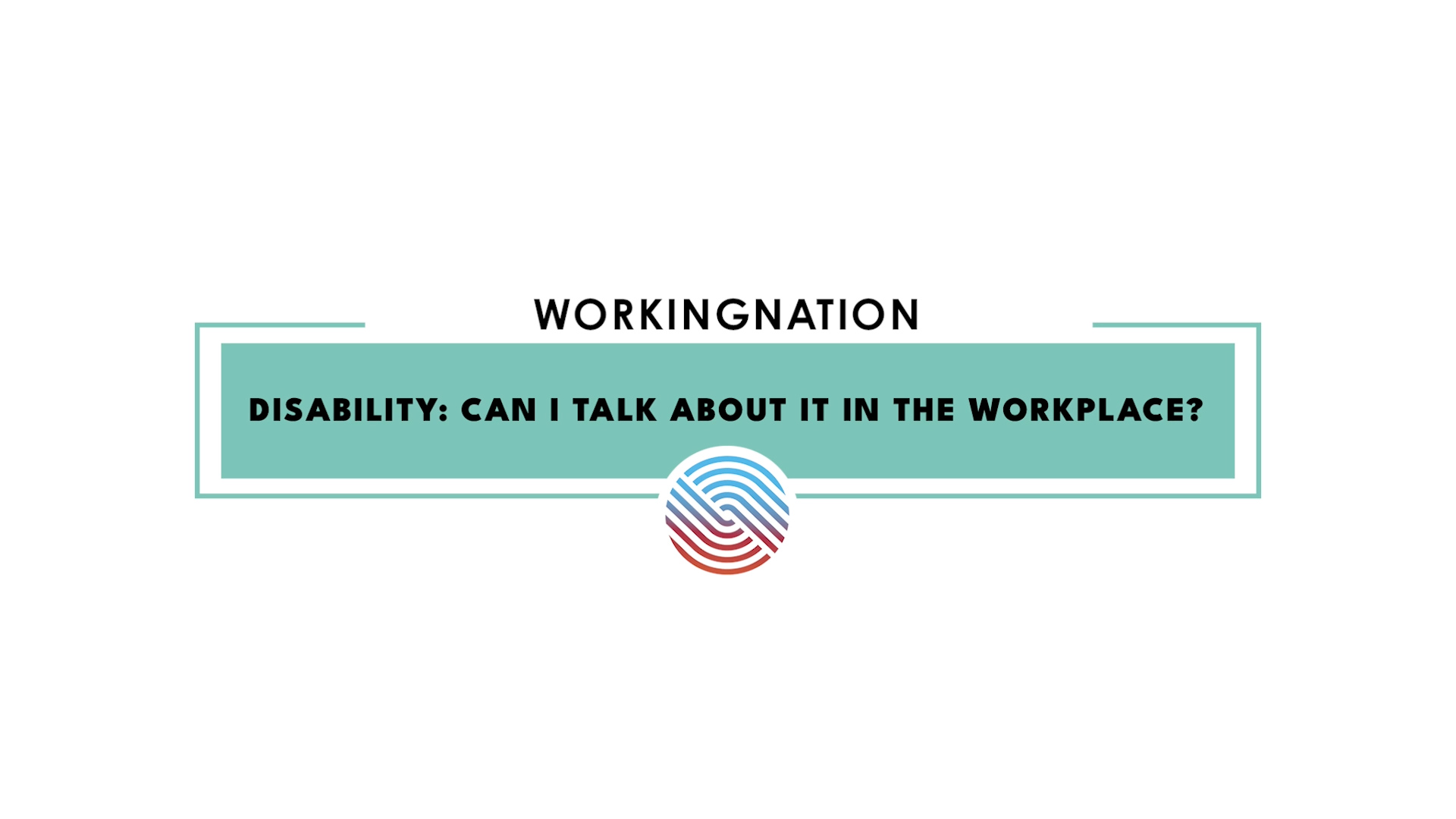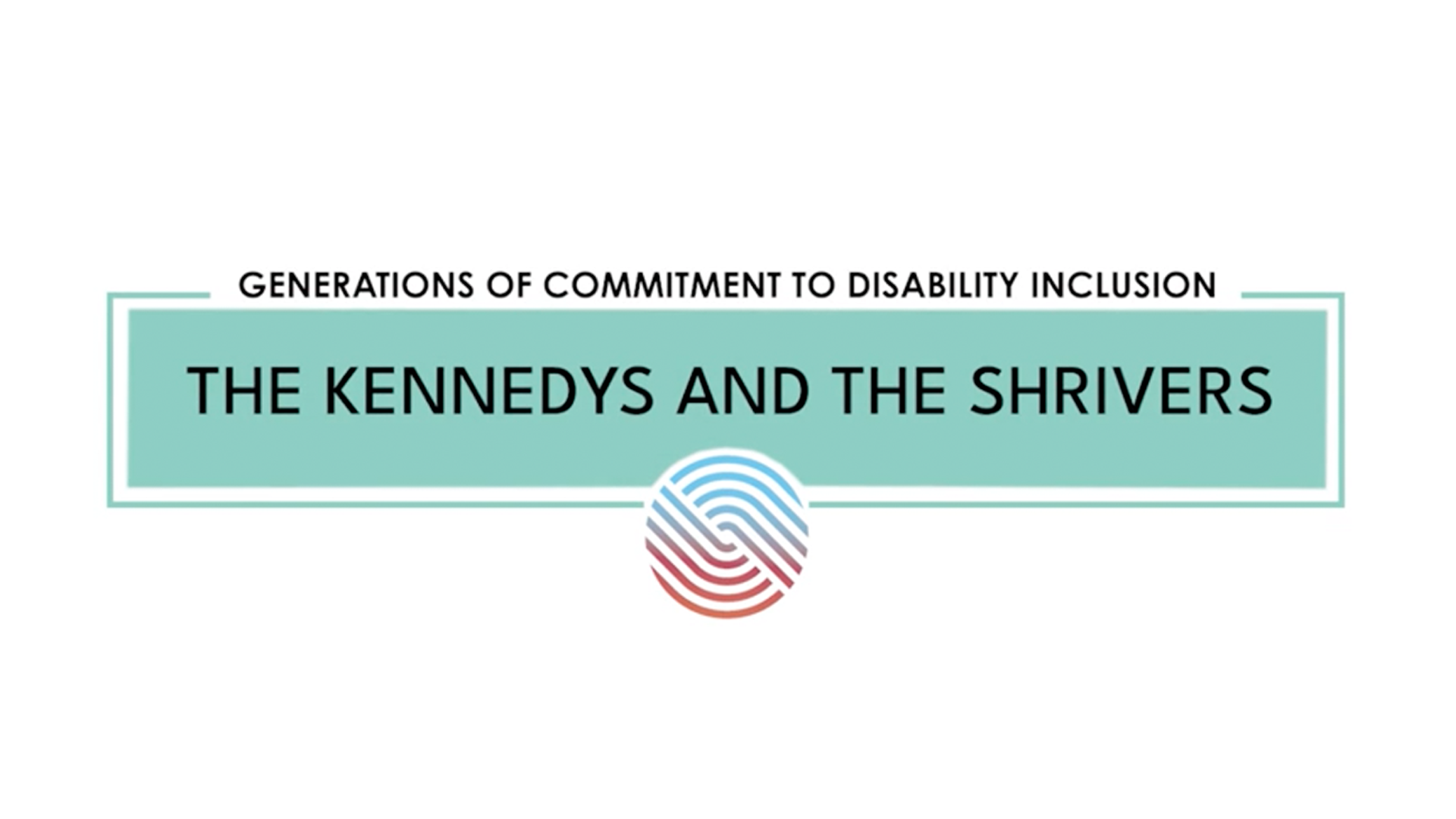Spectrum Designs is a custom apparel and promotional products business with a social mission to create employment opportunities for those on the autism spectrum – a population of 5.6 million Americans that currently faces an 85% unemployment rate, according to Autism Speaks.
CEO Patrick Bardsley and his two co-founders, Stella Spanakos and Nicole Sugrue, came up with the idea for Spectrum Designs based on the staggering unemployment numbers and lack of high quality programs for adults with disabilities.
While working at a special needs summer camp, Bardsley met Spanakos’ son Nicholas as well as Greg Beyer, camp attendees who were diagnosed with autism at a young age. Beyer’s family – along with many others whose children have special needs – shared concerns about their children’s ability to find gainful employment, financial independence, and happiness in their adult lives. It was then that Bardsley and his co-founders realized they could build a business based around the capabilities of this workforce.
“When it comes to looking at people’s skill sets, there are certain generalizations around autism we can make,” Bardsley says. “An ability to tolerate and actually excel in repetitive tasks, attention to detail, dedication, honesty, loyalty. These are raw, incredible attributes that any employer would be looking for, and it just so happens that this is something that is pretty common in those with autism.”
Having never run a business before, Bardsley brought on his childhood friend Tim Howe as chief operating officer. Howe explains that Spectrum consists of three separate enterprises: a custom apparel print shop, a bakery, and a laundry business.
While screen printing may seem like a vastly different business operation than running a laundromat or baking granola bars, the commonality amongst these three businesses is that all of their operations can all be boiled down to sets of easy-to-follow tasks – structured formulas.
“We’ve let people define who they are based on what they can and can’t do, and whatever your diagnosis you do or don’t have doesn’t matter,” Howe says. “We start talking about people based on the tasks they can do around here… When you think about it that way, it just seems like the most normal thing in the world.”
When it comes to hiring those on the autism spectrum, workplace adaptations and accommodations can be an intimidating factor, but Bardsley and Howe have found that having employees with different needs has challenged them to find ways of improving the work environment for all employees.
“We don’t really like the word adaptations,” Bardsley says. “Shouldn’t it just be an efficiency booster or a benefit?” At Spectrum, the floors are marked with stickers that tell employees where to stand and in what directions to move, and there are visuals that pair machines to where people need to go.
“We have people with and without diagnoses working side-by-side, and the changes that we make for the population who have higher support needs helps everybody,” Howe says. “All we’re trying to do is find a way that’s structured and makes sense to everybody – that’s easy to understand for somebody who’s going and standing in that place for the first time – and then generalizing that out to all of the tasks and all of the enterprises.”
Spectrum currently employs 75 workers at multiple locations, with over 60% of their staff being on the spectrum, and their list of customers includes high-profile clients such as J.Crew, Google, and Uber. However, perhaps the greatest testament to Spectrum’s success was their ability to not only remain in business but also thrive throughout the pandemic.
“The shutdown for COVID was insane,” Howe explains. “One day you are creating jobs and putting money in the pockets of people with disabilities, and the next you’re counting pennies and basically saying, ‘How long can we afford to keep paying everyone?’”
For neurodivergent workers, opportunities for other employment is much more limited compared to neurotypical peers, causing many to rely on Spectrum’s ability to prevail in order to fund their living. “They’re getting houses where they can walk to work, and they trust that the job is gonna be there for them even through really difficult times,” Bardsley explains. Fortunately, Bardsley and Howe realized that if they pivoted from t-shirts to masks and safety gear, they would be considered an essential business and could continue to operate.
By leveraging their already established supply chain, they were able to import N95 masks and PPE equipment at a time when no one else could. “That was such a massive gamble, bringing in boxes and boxes of PPE,” says Howe. “Then it arrived and we started putting masks on people’s faces and we were like, ‘We can do this! This is a way we can save the business.’”
As a result of their quick thinking and adaptability, Spectrum grew during 2020, and again in 2021 – all while providing masks, gloves, and PPE equipment to residential facilities. “It felt like we were superheros,” says Howe. “We felt like we found a loophole in a pandemic.”
“We didn’t even know if we were ever going to leave home again. And our staff didn’t know, but they didn’t have to worry about their paychecks. I don’t know how many people get to say that they did that,” says Howe. “Having those conversations and telling people that their paychecks aren’t going anywhere – it was just the best feeling in the world.”

